Country living far from an easy stroll for nation's elderly
By Zhang Yuchen ( China Daily ) Updated: 2013-05-23 07:55:36"Older people in the villages often have to face life's daily difficulties with little or no support. That is the key issue we should address," said Shi Renbing, a professor at Huazhong University of Science and Technology, who specializes in rural demographics.
"The rural culture needs to be rebuilt to foster a return to the traditional countryside culture, such as close family ties and traditional value systems, to strengthen the moral code and behavior patterns," said Wang.
A rising divorce rate, a rural welfare system still under construction and a rising dropout rate at primary and middle schools mean security is only one factor in the lives of the rural elderly. For example, 92 percent of elderly men dwelling in the countryside have to work in the fields to support themselves, even well into later life.
One solution may be the greater involvement of younger returnees, who, although getting on in years themselves, are still appreciably younger than many of their fellow residents and can offer a helping hand.
Warning systems
Meanwhile, local governments now seem to be responding, at least on the issue of security. Following the murders in Shangnan, the county government provided funding to enable isolated villages, where there are often large distances between the houses, to install warning sirens. When a siren is activated, a red light begins to flash, alerting those within a radius of several hundred meters of a possible threat to residents.
In addition, every elderly person in Heigou village has taken advantage of a registration scheme provided by local police, so their safety can be monitored and identification made easier in the event of accident or worse.
In addition, villages with a large number of left-behind seniors can help themselves. The "younger" villagers have been urged to organize patrols to identify problems and keep an eye on any strangers, who are easy to spot in rural communities where everybody knows everybody else, even if only by sight.
The children who have left to work in cities can also play a larger role in the lives of their elderly parents, according to Shi, who said that the young need to realize that simply sending money home is not enough. The young should maintain better contact with villagers to help monitor conditions and not just rely on the assurances provided by their uncomplaining parents.
One solution would be to introduce a number of support facilities to improve the quality of life and help the elderly to enjoy the time remaining to them. "Even though urbanization means rural depopulation, it does not necessarily mean that we should sacrifice the happiness of any particular group," said Wang Junwen.
|
|
|
|
|
|
|
|
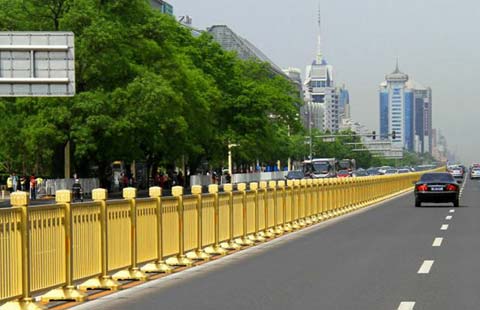
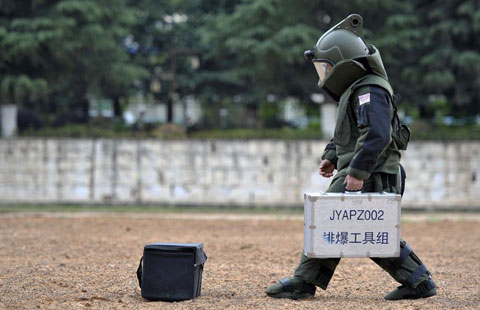

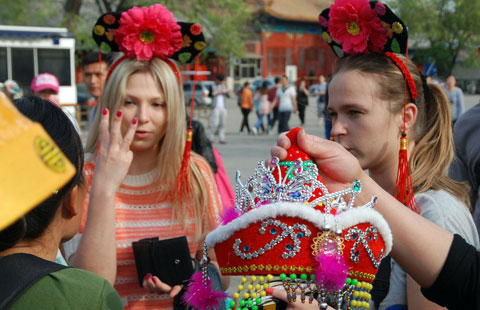

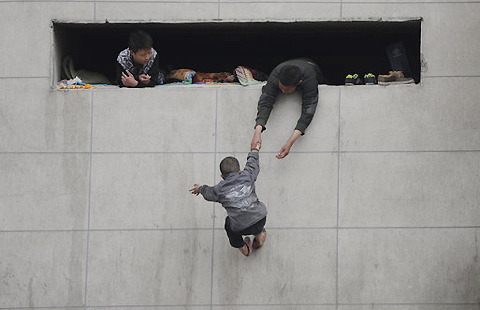




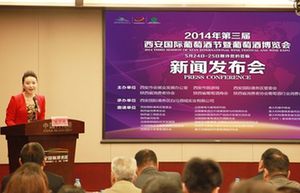







 Op Rana
Op Rana Berlin Fang
Berlin Fang Zhu Yuan
Zhu Yuan Huang Xiangyang
Huang Xiangyang Chen Weihua
Chen Weihua Liu Shinan
Liu Shinan